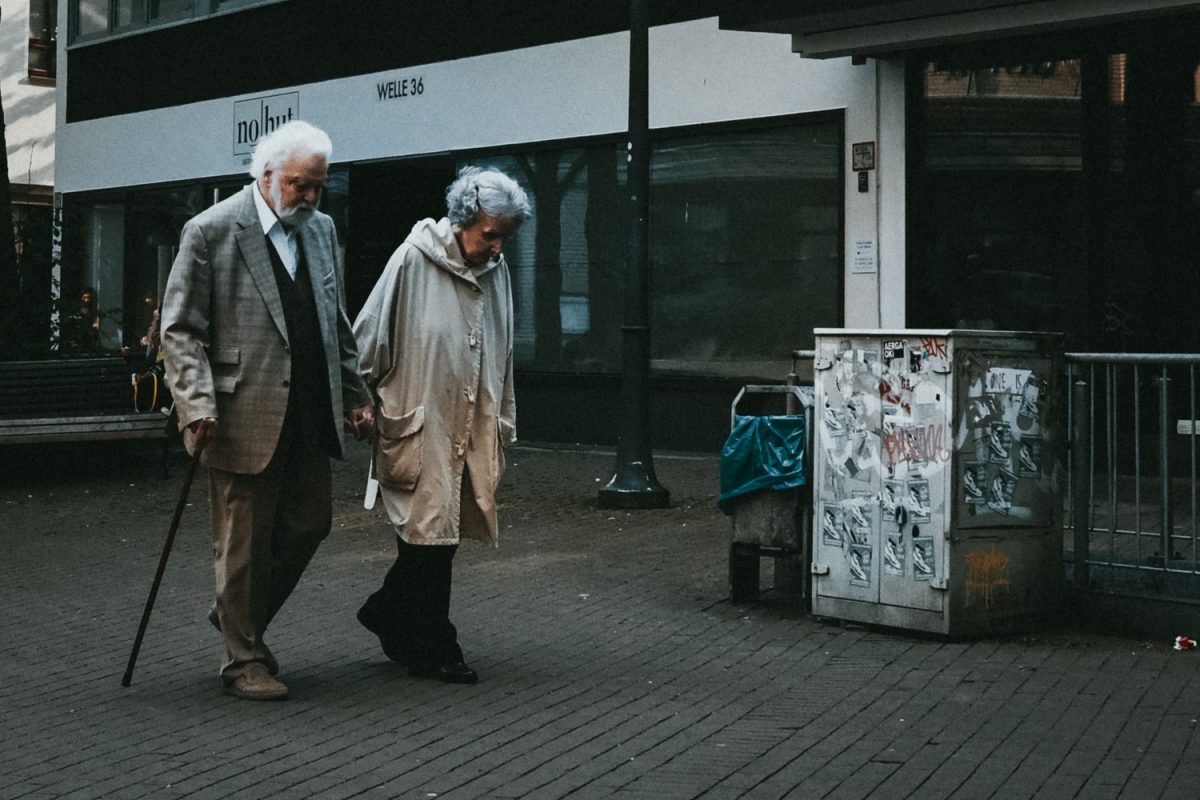Article by Euro Lider
During the COVID-19 pandemic, loneliness takes on a new meaning, and in particular, loneliness of the elderly. Around the world, with the coronavirus pandemic, there is another, equally dangerous pandemic – the pandemic of loneliness.
Loneliness is now one of the most serious ailments of the elderly age, it is considered a “civilization disease”, sometimes it is also called the greatest epidemic of the 21st century. This applies not only to the elderly, but for many reasons they are often the most severely affected. In the scientific literature, the terms loneliness and solitude are used interchangeably. According to some sources, these terms have different definitions. And so, according to Dubas loneliness means “being alone with oneself, often without any physical ties or contact with other people”, and solitude may be understood as an unpleasant mental state caused by an unsatisfactory amount and quality of social and emotional interactions. It may be accompanied by anger, a sense of disappointed hopes, pessimism and helplessness [2]. Therefore, it should be understood as the fact that loneliness can be considered in two categories: as subjective, i.e. physical, and objective, i.e. psychological loneliness (there is also the possibility of both forms of loneliness at the same time.
After Mortenson, it can be stated that the loneliness of the elderly is conditioned by:
1. Cultural factors: most often they are revealed when an elderly person has to live in a nursing home or other care institution due to ill health.
2. Lonely lifestyle: considered to be more characteristic of larger cities – a lifestyle in which people choose to live alone, deprived of another person.
3. Loss of loved ones: in old age, death, also of loved ones, becomes something more common and tangible, which does not have to reduce the pain associated with it. It is worth noting here that according to the social adjustment assessment scale, which examines the level of stress associated with specific life events and the overall level of stress, the death of a spouse has the highest value – 100 points. A very important role in this situation is played by other family members or close people who, with their support and presence, can stimulate older people to further action. It should be borne in mind that loneliness resulting from the loss of important people may significantly affect the risk of depressive disorders, and even deteriorate physical condition.
4. Awareness of imminent death: the situation of older people is aggravated by the lack of future prospects. This leads to a change of thinking called “changing the time horizon”, ie focusing on the present and the past, with no prospects for the future. It is worth bearing in mind, because this belief in “no future”, reluctance to plan anything, can lead to a significant neglect of the health of the elderly, both mental and physical.
Knowing the basic reasons for the special loneliness of the elderly, you can think about the prevention of this loneliness, and ways to prevent it.
The COVID-19 pandemic has particularly affected the elderly. According to the Loneliness Report there are currently around five million one-person households in Poland. This means that every fourth of our neighbors returns to an empty apartment (and now – is trapped in it), and to a large extent these are people over sixty years of age. During a pandemic, the elderly may experience additional difficulties, such as, amongst many:
- fear of becoming infected (yourself or your loved ones),
- fear of death (your own or those of your loved ones),
- fear of being separated from the family,
- problems with sleeping
- generalized anxiety symptoms
- depressive symptoms,
- compulsive hand washing, disinfection
- symptoms of post-traumatic stress,
- increased use of substances (nicotine, alcohol).:
Additionally, worsening of the already occurring symptoms can take place
How to support the elderly during a pandemic?
There are many different ways to support the elderly during the social isolation caused by a pandemic. At the beginning, it is worth considering quite basic things, but ensuring physical and mental comfort, so as to eliminate the anxiety and fears that arise during isolation and thus ensure the greatest possible physical and mental comfort, all with respect for dignity and intimacy.

